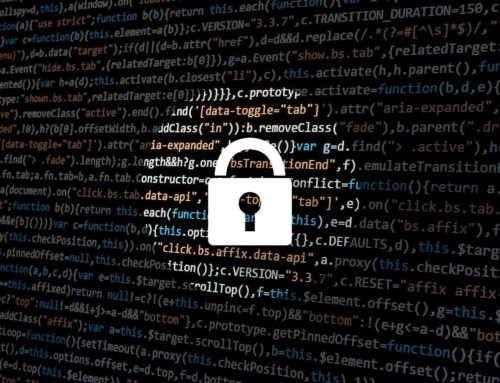
The emergence of new technology trends in the recent past has led to a significant rise in cybersecurity threats. Cybercriminals are constantly developing new strategies to steal sensitive information and use it to extort money from companies.
A cybersecurity attack can disrupt your network, damage your hardware, or disable your digital operations. The cost and reputation ramifications of cyberattacks are massive; some businesses never recover. Therefore, securing your digital assets should be a priority in your business regardless of its size.
Since no business is immune to cyberattacks, you need to develop a solid security system to safeguard your business data. Here are the biggest cybersecurity threats in 2021 and the steps to avoid them.
Cloud Breaches
As companies embrace remote working, cloud technology is taking center stage in facilitating communication, file transfers, data storage, transmission, and compliance management.
Unfortunately, hackers are now targeting cloud servers to intercept data and manipulate it to extort money from businesses. To avoid cloud breaches, invest in reliable cybersecurity services to perform penetration testing and vulnerability assessments for insurance against weak areas.
COVID-19 Phishing Scheme
As of January 2021, more than 2 million phishing sites were recorded by Google, a 27% rise from the previous year. Although phishing is an old online fraud, the ongoing COVID-19 pandemic has seen scammers introduce new phishing techniques.
Since most people work from home, their network is less secure, and they are targeted more easily by false vaccine or COVID-19 information sent to websites or emails. Beware of such links or attachments to avoid malware exposure.
Ransomware Attack
Ransomware attacks have been prevalent over the last few years. Once the attacker gains access to your system, they deny you access, encrypt your data files, and hold them until you pay the ransom. Then, to conceal their identity, they demand payments in cryptocurrency.
Unfortunately, paying the ransom is not a guarantee that you will recover your data, and even if you do, its authenticity is not guaranteed.
Internet of Things (IoT) Attack
The interconnectivity of devices through the internet has helped streamline business processes, collect and transmit data, and manage technology ecosystems. However, as IoT increases efficiency in business operations, it also makes companies more vulnerable to attacks.
Some of the IoT devices do not have built-in security software, thus exposing them to security vulnerabilities. As your employees work from home, ensure their devices are configured to the organization’s security software and that their connection is secure. A slight lapse in connection security can cause irreparable damage to your business.
Distributed Denial of Service (DDoS)
When hackers target your system, they often bombard it with multiple login attempts, corrupted files, and repetitive tasks. All these overload the system, causing it to slow down or fail.
When DDoS brings down your systems, it paralyzes your business operations and may cause huge losses. Therefore, always ensure your systems are patched with the latest security software to prevent such occurrences.
Bottom Line
As long as businesses are operating on online platforms, cybersecurity threats will always be there. So be sure to protect your data with encryption and anti-malware software and develop a solid business continuity plan. JNT Tek can help you secure your business with innovative and professional cybersecurity services. Contact us today to get started.




CONNECT WITH US!